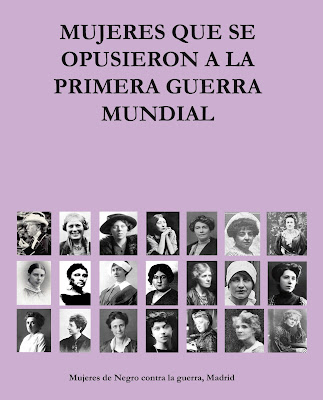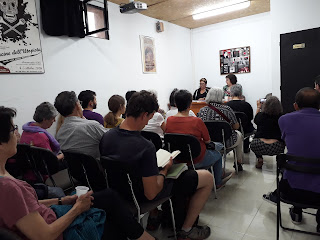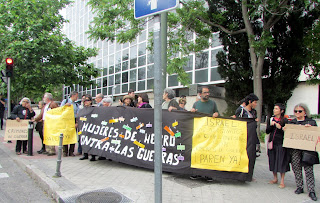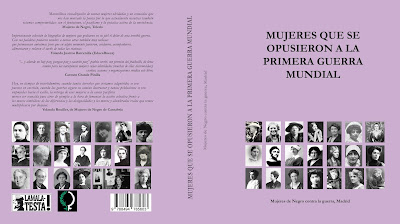CONVOCATION 30 September 2018: Shaming the World into a State of Peace
Shaming the World into a State of Peace”
This phrase is one of the proposals that emerged from the XVII International Gathering of Women in Black against War, which took place in March of 2018 in Cape Town, South Africa. Under the title of “Displaced Lives”, the objective being to confront the inheritance of racism, hate and class.
Women have been displaced by the patriarchy and now it’s a matter of returning this shame to the patriarchal system – shame that extends to all the injustices of displacements. The violence of displacement is a situation in which we refuse to see ourselves.
South Africa welcomes refugee families arriving from Ethiopia, Somalia, Zimbabwe, Congo, Burundi, Rwanda, Nigeria, Malawi… In Mandela’s time, the country welcomed those who solicited asylum fleeing from dictatorial and corrupt regimes, a country with unemployment at 45% and in which one-fourth of the people receive subsidies.
South Africa has a multitude of stories about displacement, repression and slavery, and also numerous stories about collective resistance. At present, its main cities are suffering from the new legal apartheid: neoliberalism, gentrification, expulsion to outlying areas and isolation of the working classes, the poor and the black population.
Displacements in Africa have multiple causes: flight from eternal armed conflicts; economic emigration; migration motivated by sexual identity, repression and assassination of lesbian women; unemployment; taking of land, natural resources, and appropriation of water, even for suffering from mental illness or for fleeing from a forced childhood marriages.
There is a strong relationship between women and displacement because gender violence has not decreased one iota and this promotes disempowerment of African women.
The Network of Women in Black against War denounces forced displacement. We are embarrassed by the policies of Europe and demand:
♀ Opening the borders to those displaced for any reason.
♀ Right to a home. Camps for refugees are not homes.
♀ Right of return for refugees; not forced repatriation.
♀ Right to dignity.
♀ Peace is a right, peace understood as a home, health, food and dignity.
♀ Opposition to and prevention of the use of weapons and commerce in weapons.
♀ Right to practice civil disobedience and boycott against unjust laws and oppressive policies.
♀ Special protection for women and young girls who are victims of gender violence, persons persecuted for the sexual identity, women who fight for their rights.
♀ Combating stereotypes and manipulation, not forgetting that we were immigrants, too.
♀ Solidarity with the refugees, accompaniment and listening to them.
♀ Calling on feminist alliances to resist displacements.
♀ Rejection of fascism, its violence and its practices of hate and xenophobia in Europe.
Translation: Trisha Novak, USA – Yolanda Rouiller, WiB Spain



























